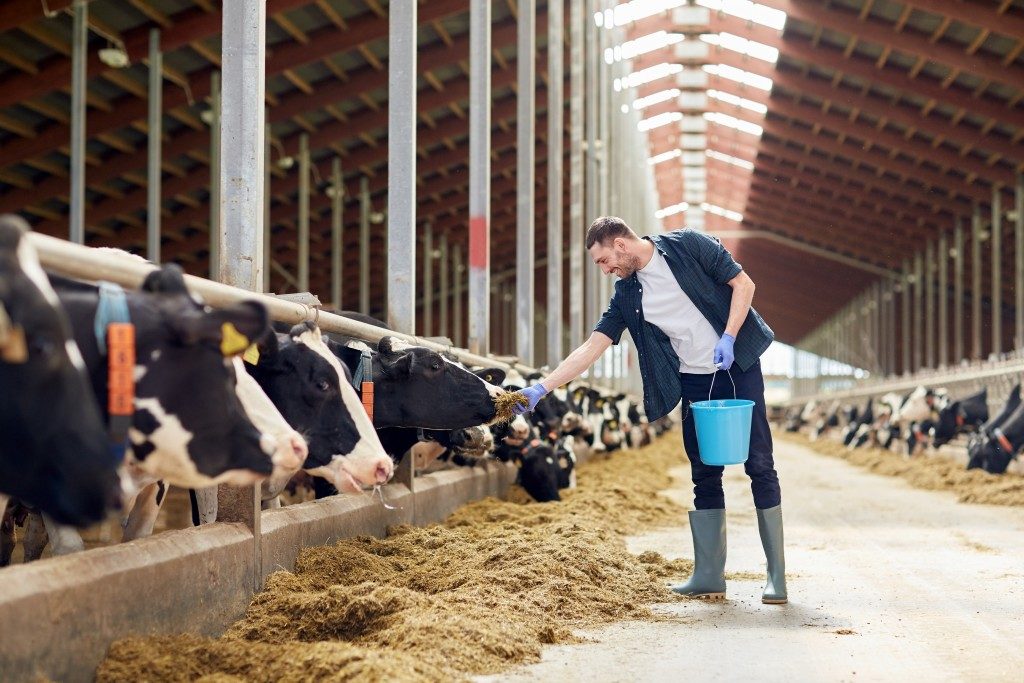Compliance with industry standards and local regulations for farm safety, and having a comprehensive insurance package are essential in protecting your farm and those working on it, but these can only provide you with the bare minimum level of safety for your farm. Accidents, injuries, fires, and other issues can be quite costly, which is why farmers and farm owners need to go beyond the basic safety requirements and adopt additional farming safety tips to keep farmers, the farm, and everything on it safe.
As such, we’ll be taking a look at the extra steps you can take to boost and guarantee your farm’s safety:
#1 Equipment Quality and Maintenance
Low quality and poorly maintained tools and equipment won’t only affect efficiency, but it can lead to accidents resulting in injuries, property damage, or worse. Farms need to utilize equipment that is of good quality and won’t break as quickly, and it’s just as important to be consistent on cleaning and maintaining said tools. This also includes farming safety equipment and gear such as your fire fighting trailers and personal protective equipment (PPE). When it comes to farm machinery, farmers should follow the user/operator manual on both the proper usage of the equipment and its recommended maintenance routine (which may include replacement of particular parts that undergo wear and tear).
#2 Prepare for Seasonal Hazards All Year Round: Bushfires
In Australia, bushfires are a constant threat to farms and residential areas alike. Bushfire seasons are often fixed during the driest and hottest months of the year, but you need to be prepared for any instance of bushfire or grassfire even before or after bushfire season. You’ll want to update your bushfire plan each year regularly, and also invest in high-quality fire fighting trailers to better equip your farm against the unpredictable bushfires of Australia for the entire year.

#3 Fitness First
Farmers and farmhands should be well-rested, sober, and mentally fit before they work on the farm and/or operate the equipment. Working while distracted, inebriated, or tired can increase the likelihood of accidents on the farm. If you’re managing a farm, it’s crucial to monitor the health and awareness of farm workers and ensure that they get enough rest in between tasks to prevent fatigue and other health issues that won’t only affect them but also the farm and those around them.
#4 Childproofing
If there are children who stay or frequently visit the farm, you need to childproof it. This can be done by making sure that tools and equipment are properly locked up in sheds, and remove keys from the ignition of any vehicles at the farm. It’s also important to stow away chemicals beyond children’s reach or have them locked away in their storage unit. Ladders should also be laid flat on the ground or locked up when not in use to prevent curious and adventurous children from climbing them.
The Takeaway
While these extra steps can be a bit pricey, it’s essential to understand that any accidents or damage that occurs in your farm due to lack of safety equipment and planning can cost you more than just money. So make sure that you take note of these tips to guarantee the safety of your farm and everyone (and everything) in it.

